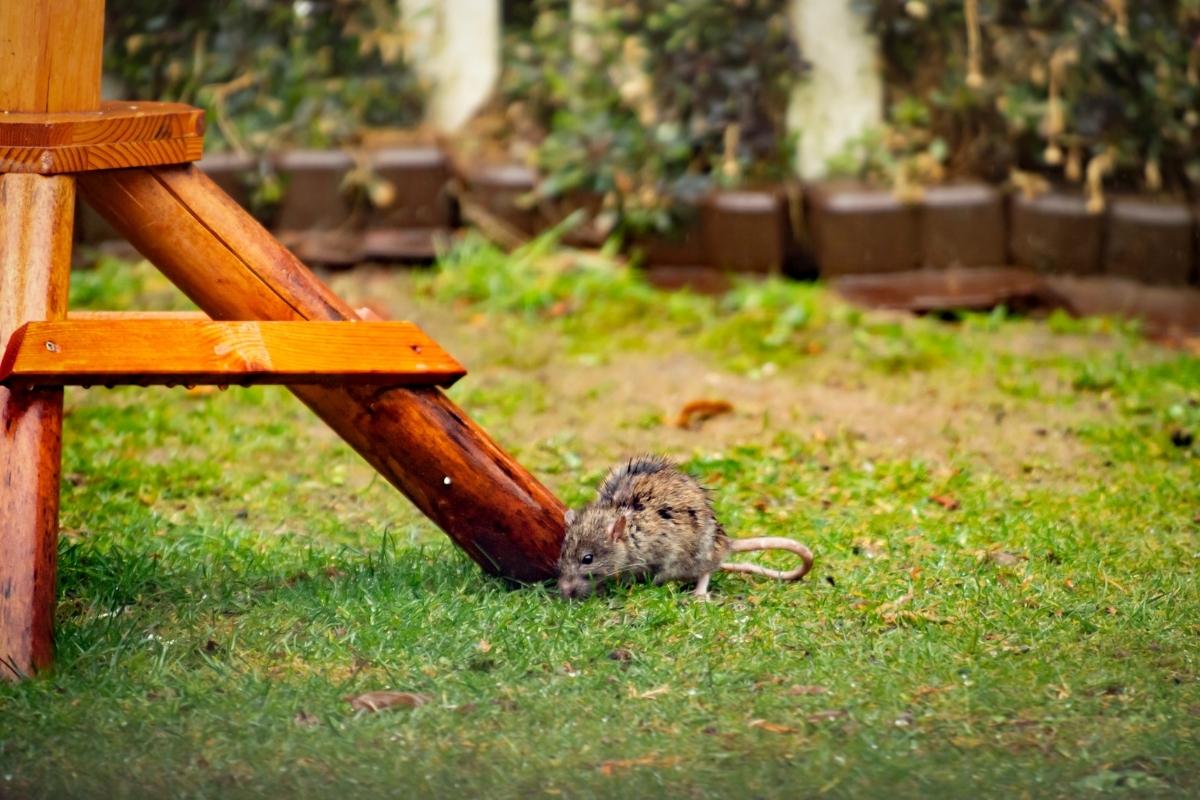

Articles
How To Keep Rats Out Of Garden
Modified: January 20, 2024
Learn effective gardening techniques to keep rats out of your garden and protect your plants from damage. Implement practical tips and strategies for a rat-free gardening experience.
(Many of the links in this article redirect to a specific reviewed product. Your purchase of these products through affiliate links helps to generate commission for Storables.com, at no extra cost. Learn more)
Introduction
Welcome to our comprehensive guide on how to keep rats out of your garden. Rats can pose a significant threat to your plants, flowers, and vegetables, not to mention the potential health hazards they bring. Understanding their behavior and implementing effective prevention measures is essential to protect your garden and maintain a safe environment.
Rats are highly adaptive creatures known for their intelligence and ability to squeeze through small openings. They are attracted to gardens for various reasons, including a reliable source of food, shelter, and nesting sites. To successfully keep rats out of your garden, it is crucial to take proactive steps to create an inhospitable environment that discourages their presence.
In this guide, we will provide you with practical tips and strategies to identify signs of rat infestation, create a rat-proof perimeter, remove attractants, and use natural repellents and traps. We will also discuss when it may be necessary to seek professional help. By following these steps, you can protect your garden and enjoy its beauty without the worry of rat damage.
So let’s dive in and explore the world of rats and effective measures to keep them out of your garden!
Key Takeaways:
- Protect your garden by understanding rat behavior, creating a rat-proof perimeter, and removing attractants. Incorporate natural repellents and strategic trapping, and seek professional help if needed to maintain a rat-free environment.
- Keep rats out of your garden by implementing proactive measures, such as installing fencing, using natural repellents, and strategically placing traps. Consistently address potential issues to prevent future infestations and enjoy a worry-free garden.
Read more: How To Keep Chickens Out Of Garden
Understanding the Behavior of Rats
Before implementing any preventative measures, it is essential to have a basic understanding of the behavior patterns of rats. Rats are nocturnal creatures, meaning that they are most active during the night. They have excellent senses of smell, hearing, and touch, allowing them to navigate their surroundings adeptly. Rats are also known for their ability to reproduce rapidly, making it even more crucial to address any infestation as soon as possible.
Rats are opportunistic feeders and will consume nearly anything, including fruits, vegetables, seeds, grains, and even certain types of flowers. They are attracted to areas with a readily available food source, making gardens an ideal target. Additionally, rats seek out areas with ample shelter and nesting opportunities, such as overgrown vegetation, woodpiles, and cluttered spaces.
It is important to note that rats can transmit diseases to humans through direct contact or contaminated surfaces. This includes diseases such as leptospirosis, hantavirus, and salmonellosis. Therefore, it is crucial to take appropriate measures to prevent rats from accessing your garden and compromising the safety of your household.
By understanding the behavior of rats, you can tailor your prevention methods accordingly. Now, let’s move on to the next important step in keeping rats out of your garden, identifying the signs of rat infestation.
Identifying the Signs of Rat Infestation
Recognizing the signs of rat infestation in your garden can help you take timely action to prevent further damage. Here are some key indicators to look out for:
- Droppings: Rats leave behind small, pellet-shaped droppings that are dark in color. These droppings are usually found along rat trails, near feeding areas, or in hidden spots such as corners and crevices.
- Nesting materials: Rats build nests using materials such as twigs, leaves, shredded paper, and fabrics. Keep an eye out for signs of shredded material or nests in your garden or nearby areas.
- Gnaw marks: Rats have a constant need to gnaw on objects to keep their incisor teeth from overgrowing. Look for gnaw marks on wooden structures, wires, plastic items, and even tree trunks near your garden.
- Tracks and smudge marks: Rats leave behind tracks and smudge marks along their regular paths. These can often be spotted in dusty or muddy areas, and they can indicate the routes that rats use to access your garden.
- Noises: Rats are nocturnal and are most active during the night. Listen for scratching or scurrying noises inside walls, ceilings, or in the garden itself.
Identifying these signs early on can help you take swift action to prevent the rat population from growing and causing further damage to your garden. Once you have confirmed a rat infestation, it’s time to move on to the next step: creating a rat-proof perimeter for your garden.
Creating a Rat-Proof Perimeter for Your Garden
Building a rat-proof perimeter is crucial in preventing rats from entering your garden and causing damage. Here are some effective measures to consider:
- Install fencing: A sturdy fence with small openings can help keep rats out. Opt for materials like metal or concrete that rats cannot easily chew through. Ensure that the fence extends below the ground to prevent rats from burrowing underneath.
- Seal entry points: Inspect your garden for any gaps, cracks, or openings that rats can use to gain access. Seal them using materials such as wire mesh, caulk, or a combination of both. Pay particular attention to areas around foundations, doors, windows, and utility lines.
- Elevate containers: If you have containers or raised beds in your garden, ensure they are placed on stands or platforms to make it difficult for rats to climb and access the plants. Keep in mind that rats are excellent climbers, so make sure the stands are smooth and without any footholds.
- Clear vegetation: Rats are attracted to overgrown areas, so it’s important to keep your garden tidy. Trim back shrubs, bushes, and tree branches that could provide hiding spots or easy access for rats.
- Remove potential shelter: Clear away any potential rat shelters, such as woodpiles, brush piles, or cluttered areas. Rats are more likely to seek out gardens with ample hiding spots, so creating an open and clean environment is key.
Remember to regularly inspect your garden perimeter for any signs of damage or potential entry points. Rats are persistent creatures and may find new ways to gain access. By maintaining a rat-proof perimeter, you greatly reduce the chances of rats infiltrating your garden and causing harm.
Now that you have secured your garden against rat intrusion, let’s move on to the next step: removing attractants that may lure rats to your garden in the first place.
Removing Attractants from Your Garden
Eliminating attractants is essential in deterring rats from invading your garden. By removing potential food sources and hiding spots, you can make your garden less appealing to these pesky rodents. Here are some effective measures to consider:
- Properly store food: Rats are attracted to easily accessible food. Make sure to store birdseed, pet food, and other garden-related food items in sealed containers that rats cannot chew through.
- Harvest ripe fruits and vegetables: Rats are drawn to ripe fruits and vegetables in your garden. Regularly harvest them to prevent rats from feasting on your produce.
- Secure garbage bins: Rats are opportunistic feeders and can easily scavenge through open or poorly secured garbage bins. Use bins with tight-fitting lids and ensure they are stored away from the garden area.
- Clear fallen debris: Remove fallen leaves, fruit, and other organic debris from your garden regularly. This reduces potential food sources for rats while also eliminating hiding spots.
- Avoid composting: Rats are attracted to compost piles, as they provide a constant supply of food and a cozy nesting area. Avoid adding food scraps to your compost, or use a closed compost bin that rats cannot access.
- Trim overhanging branches: Rats can use overhanging branches as bridges to access your garden. Trim back any branches that come too close to the ground or structures.
By removing attractants, you significantly reduce the chances of rats being enticed into your garden. Remember to consistently implement these practices to maintain a rat-deterring environment. However, if rats continue to be a problem, natural repellents can provide an extra layer of protection. Let’s explore some of these repellents in the next section.
To keep rats out of your garden, remove any potential food sources such as fallen fruits and vegetables, keep compost bins tightly sealed, and use wire mesh or hardware cloth to cover openings in fences or around plants.
Read more: How To Keep Raccoon Out Of Garden
Natural Repellents for Rats
If you’re looking for environmentally-friendly ways to deter rats from your garden, natural repellents can be effective. These repellents use scents or flavors that rats find unpleasant, discouraging them from entering your garden. Here are some natural options to consider:
- Peppermint oil: Rats are repelled by the strong scent of peppermint oil. Soak cotton balls in peppermint oil and place them near potential entry points or areas where rats are active.
- Ammonia: The strong smell of ammonia can deter rats. Soak rags or cotton balls in ammonia and place them in areas frequented by rats.
- Mothballs: Mothballs emit a strong odor that rats dislike. Place them in areas where rats access your garden, but be cautious as they can be toxic to other animals and humans.
- Garlic and chili pepper spray: Create a mixture of garlic and chili peppers soaked in water. Spray this solution around the perimeter of your garden to create a deterrent scent barrier.
- Owl decoys: Rats are wary of predators, and the presence of owl decoys can help keep them away. Place realistic-looking owl decoys in your garden to create a sense of danger for the rats.
- Natural predators: Encourage natural predators like cats or birds of prey to visit your garden. Their presence alone can deter rats from venturing into your garden.
It’s important to note that natural repellents may not provide foolproof protection against rats. Rats are adaptable creatures, and their tolerance for certain scents or flavors can vary. Therefore, it’s recommended to use a combination of preventative measures, natural repellents, and other strategies to effectively keep rats at bay.
If the rat infestation persists despite your efforts, it may be necessary to use traps to catch and remove these rodents. We’ll discuss trapping methods in the next section.
Using Traps to Catch Rats
If you have a persistent rat problem in your garden, trapping can be an effective method to catch and remove these rodents. Here are some commonly used traps and tips for successful trapping:
- Snap traps: Snap traps are the traditional and commonly used method for catching rats. Place them along rat trails or near their feeding areas. Be sure to use peanut butter or other high-value baits to attract the rats to the trap.
- Live traps: Live traps are humane alternatives that allow you to catch rats without harming them. Once trapped, release the rats far away from your garden in a safe location.
- Glue traps: Glue traps are sticky boards that rats get stuck to when they walk over them. However, they can be considered inhumane, as they do not kill the rats immediately. Use them with caution and check the traps regularly to prevent unnecessary suffering.
- Multiple traps: If you have a severe infestation, consider using multiple traps in different areas of your garden. This increases the chances of catching more rats at once and reduces the population more quickly.
- Place traps strategically: Set traps along walls, near holes or gaps, and in areas where you have noticed rat activity. Rats typically travel along edges and prefer enclosed spaces, so placing traps in these areas increases the chances of success.
- Regularly check and reset traps: Check the traps daily and reset them as needed. Rats can quickly become cautious of new objects in their environment, so keeping the traps active and well-maintained is crucial for success.
Remember to handle and dispose of trapped rats safely and hygienically. Wear gloves when handling traps or dead rats and place them in sealed bags for proper disposal.
While trapping can help reduce the rat population in your garden, it is important to address the underlying reasons for the infestation. By implementing preventive measures and removing attractants, you can create a garden that is less appealing to rats, reducing the likelihood of future infestations.
If your rat problem persists or becomes unmanageable, seeking professional help may be necessary. Let’s explore this option in the next section.
Seeking Professional Help
If your efforts to control rats in your garden have been unsuccessful, it may be time to seek professional help. Pest control professionals have the knowledge, experience, and resources to effectively manage rat infestations. Here are some reasons why seeking professional help can be beneficial:
- Expertise: Pest control professionals are trained to identify the source of the rat problem and implement effective solutions. They have a deep understanding of rat behavior, enabling them to develop targeted strategies for eradication.
- Customized approach: Every rat infestation is unique, and professionals can tailor their techniques to your specific situation. They will conduct a thorough assessment to determine the best course of action for your garden.
- Safe and effective methods: Pest control professionals have access to a range of tools, techniques, and products that are approved for use in controlling rat populations. They can employ methods that are safe for your garden, your family, and the environment.
- Long-term prevention: Professionals not only address the current infestation but also provide recommendations and strategies to prevent future rat problems. Their expertise can help you make necessary modifications to your garden that deter rats from returning.
- Peace of mind: Dealing with a rat infestation can be stressful and time-consuming. By hiring professionals, you can have peace of mind knowing that experts are handling the situation, allowing you to focus on other aspects of your garden.
When choosing a pest control company, be sure to research their qualifications, reputation, and approach to eco-friendly practices. Seek recommendations from trusted sources and ask for references if needed.
By seeking professional help, you can effectively address your rat problem and safeguard the health and integrity of your garden. Remember, prevention is always better than cure, so take proactive steps to deter rats and maintain a rat-free environment.
Now that you have learned various methods to keep rats out of your garden, it’s time to put them into action. By combining these strategies, you can create an inhospitable environment that rats will want to avoid. Happy gardening!
Conclusion
Keeping rats out of your garden requires a combination of understanding their behavior, implementing preventive measures, and taking swift action when necessary. By following the tips and strategies outlined in this guide, you can create a rat-proof garden and protect your plants, vegetables, and fruits.
Start by understanding the behavior of rats and recognizing the signs of an infestation. This will enable you to take early measures to prevent further damage. Create a rat-proof perimeter by installing fencing, sealing entry points, and elevating containers. Clear vegetation, remove potential shelter, and secure garbage bins to eliminate attractants for rats.
Incorporating natural repellents such as peppermint oil, ammonia, or owl decoys can further deter rats from your garden. If the rat problem persists, consider using traps strategically to catch and remove the rodents. Reset the traps regularly and dispose of trapped rats safely and hygienically.
If all else fails, seeking professional help from pest control experts can provide effective long-term solutions and peace of mind.
Remember, prevention is key in maintaining a rat-free garden. Consistently implement proactive measures and address any potential issues promptly to avoid future infestations.
By combining your gardening knowledge with these rat prevention methods, you can enjoy the beauty and abundance of your garden without the worry of rat damage. So, roll up your sleeves, take action, and create a rat-free haven for your plants to thrive and flourish.
Frequently Asked Questions about How To Keep Rats Out Of Garden
Was this page helpful?
At Storables.com, we guarantee accurate and reliable information. Our content, validated by Expert Board Contributors, is crafted following stringent Editorial Policies. We're committed to providing you with well-researched, expert-backed insights for all your informational needs.
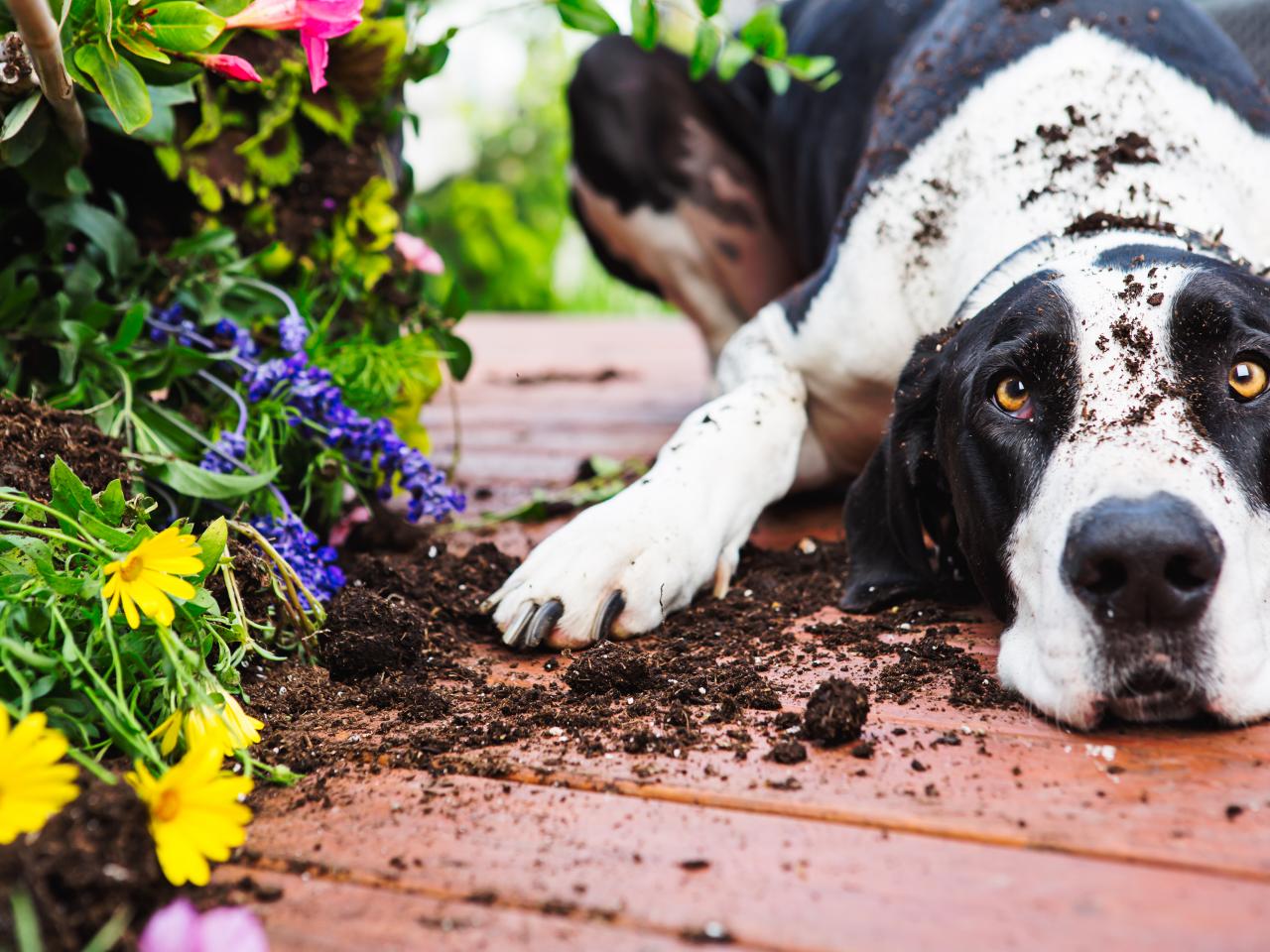
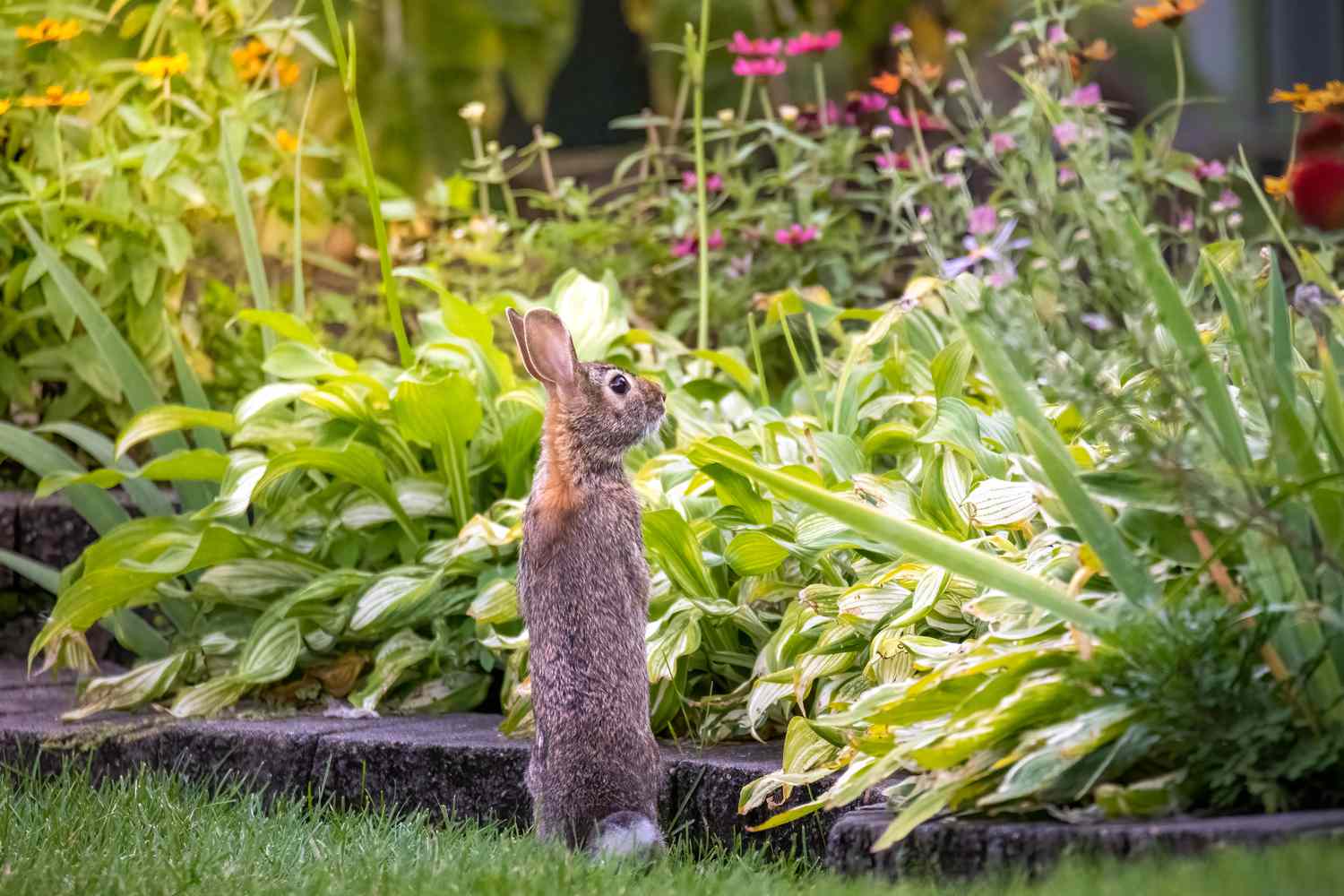
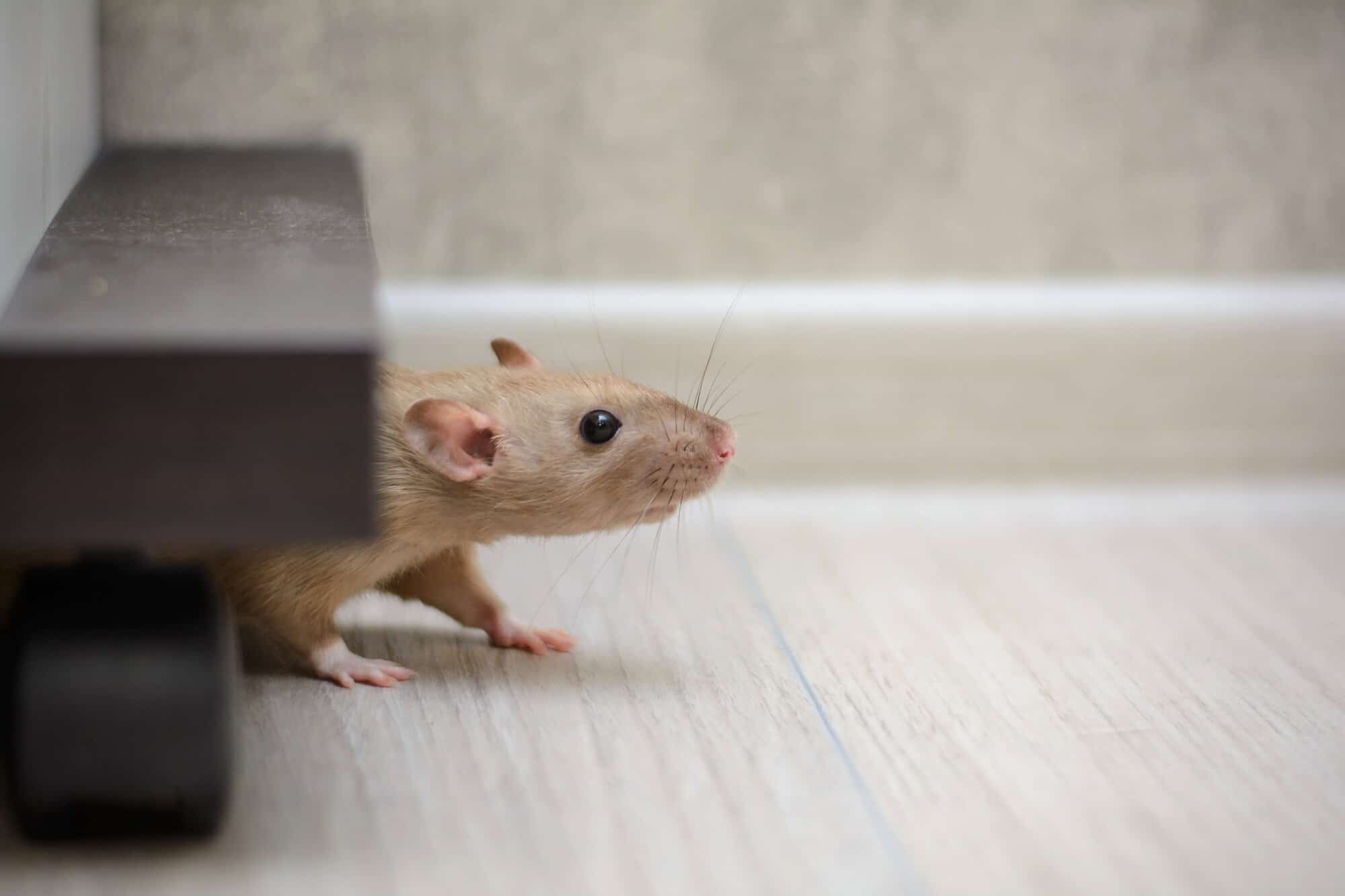
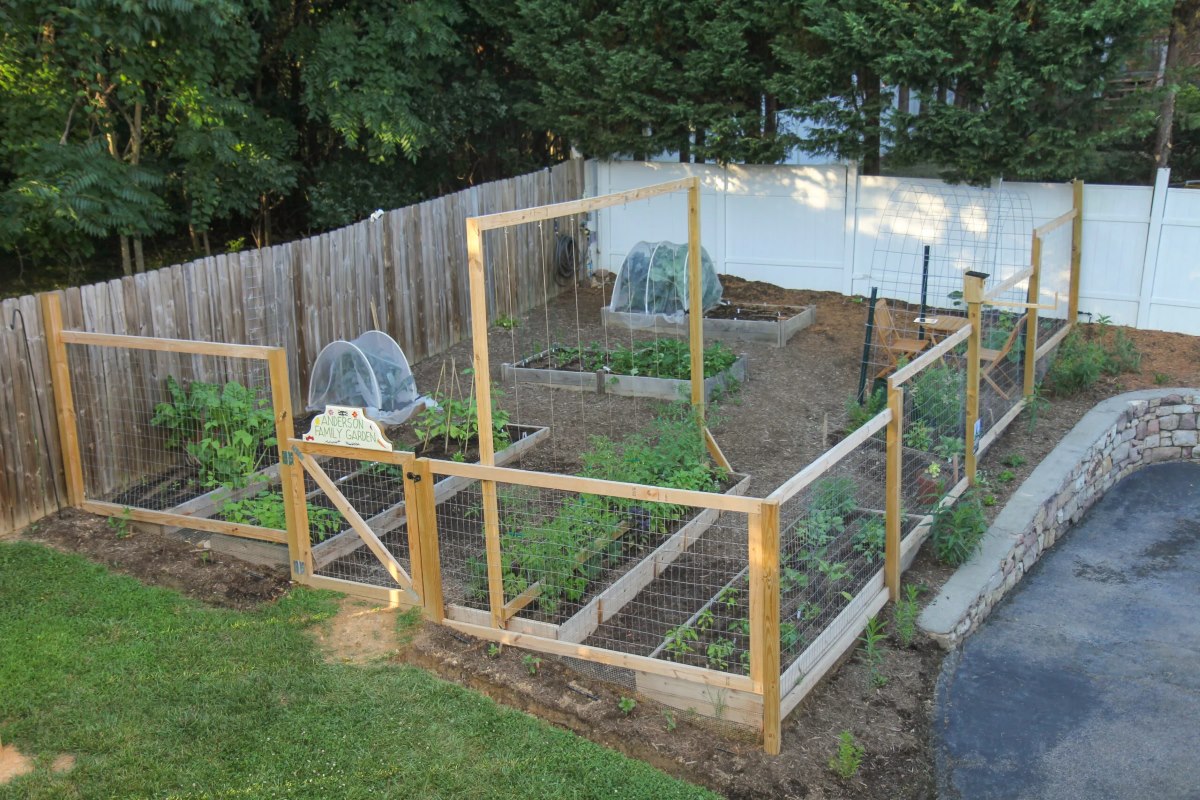
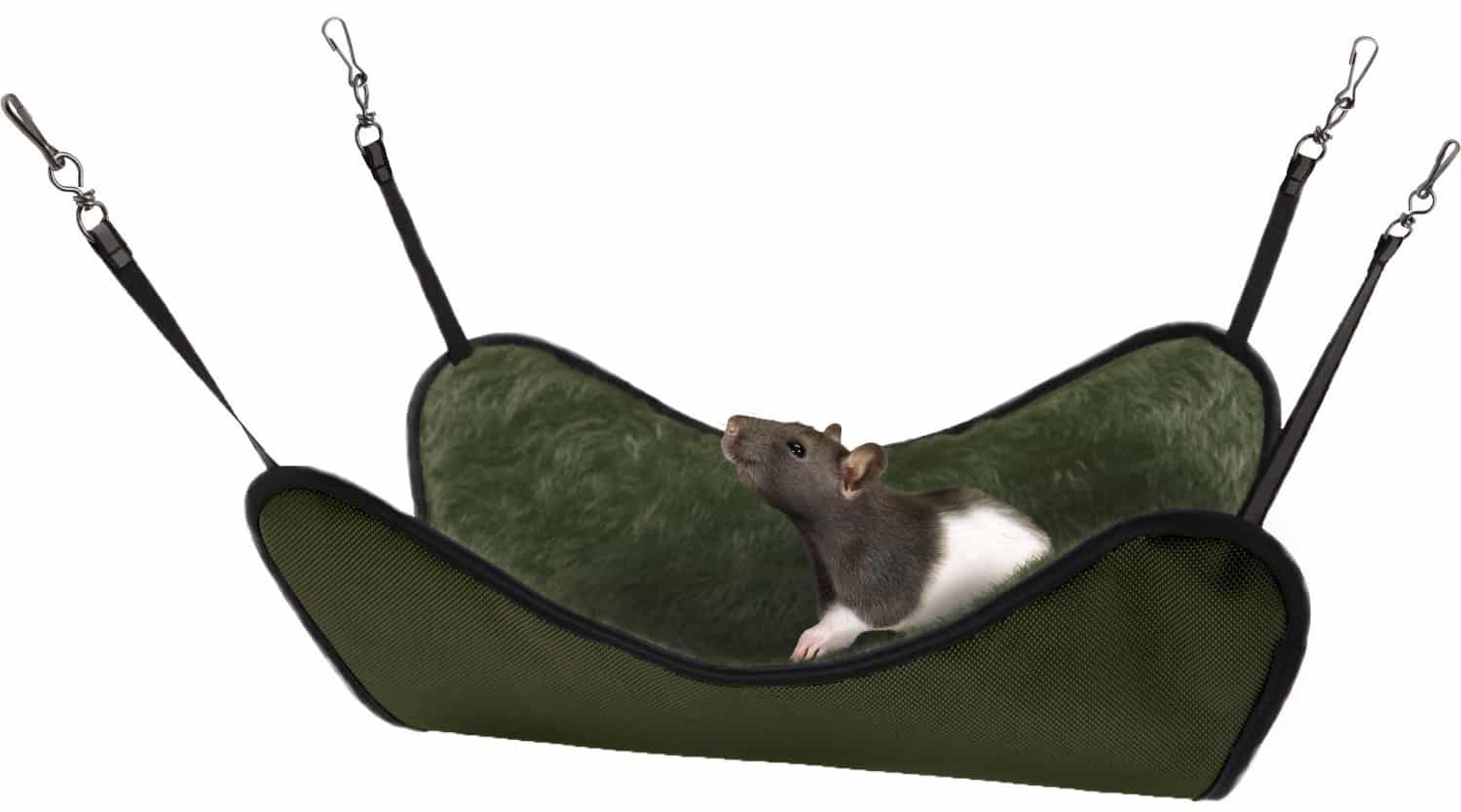

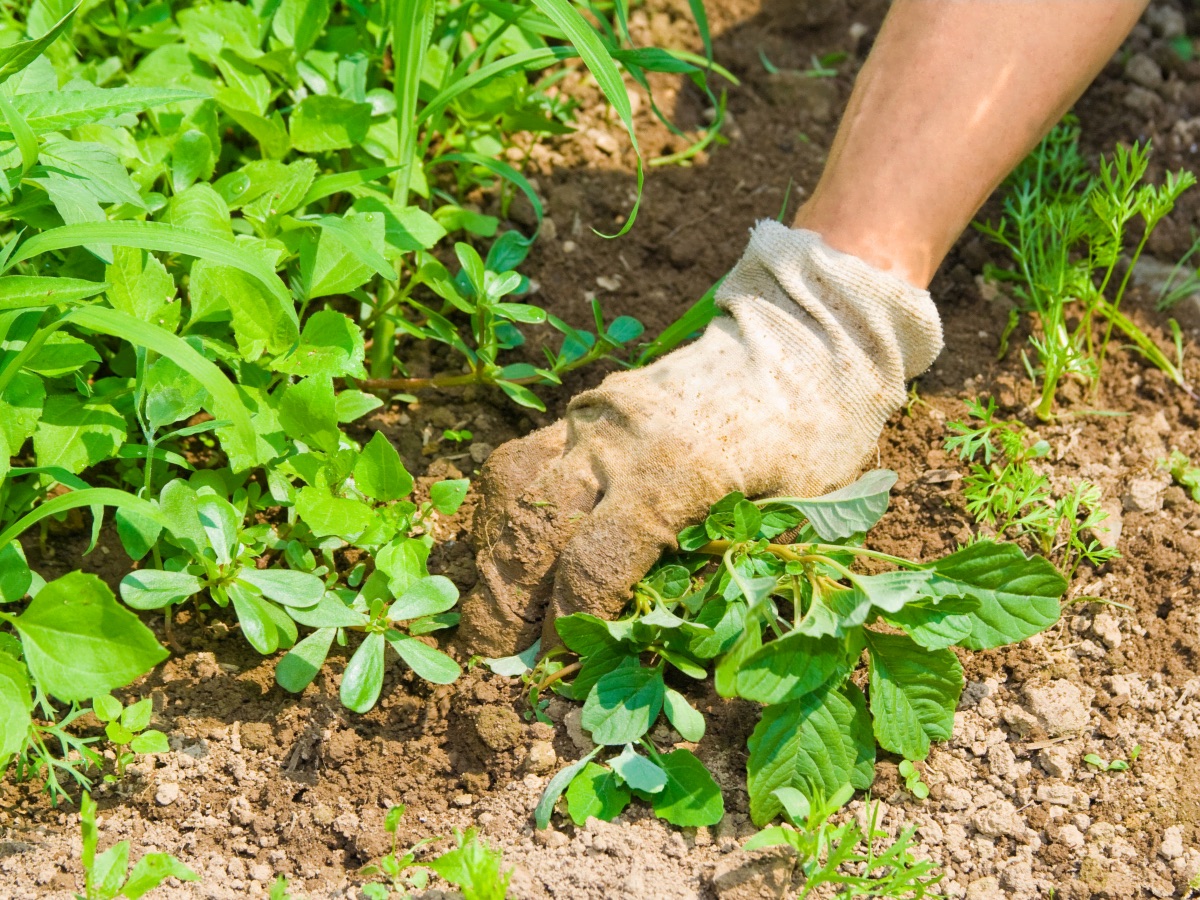
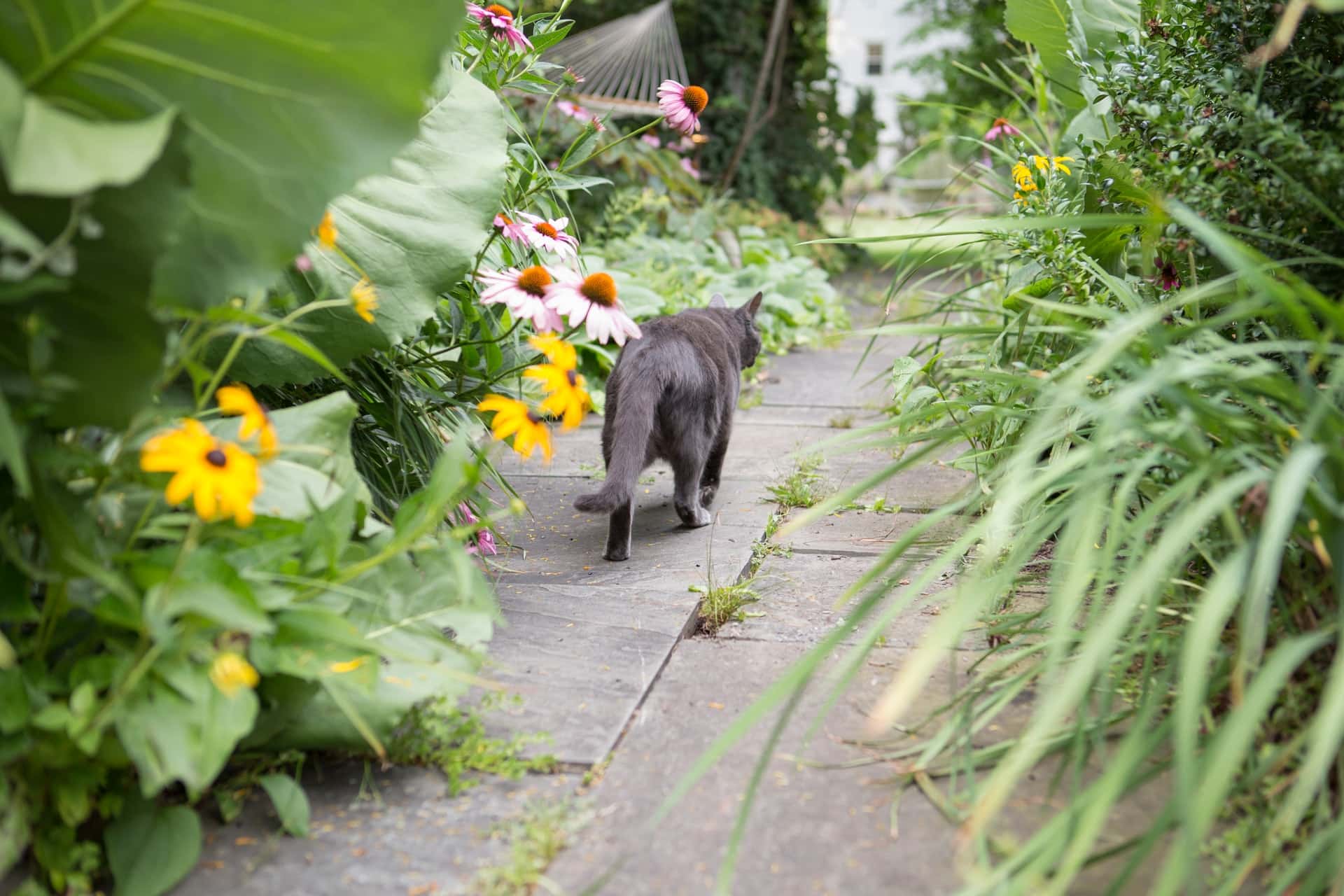
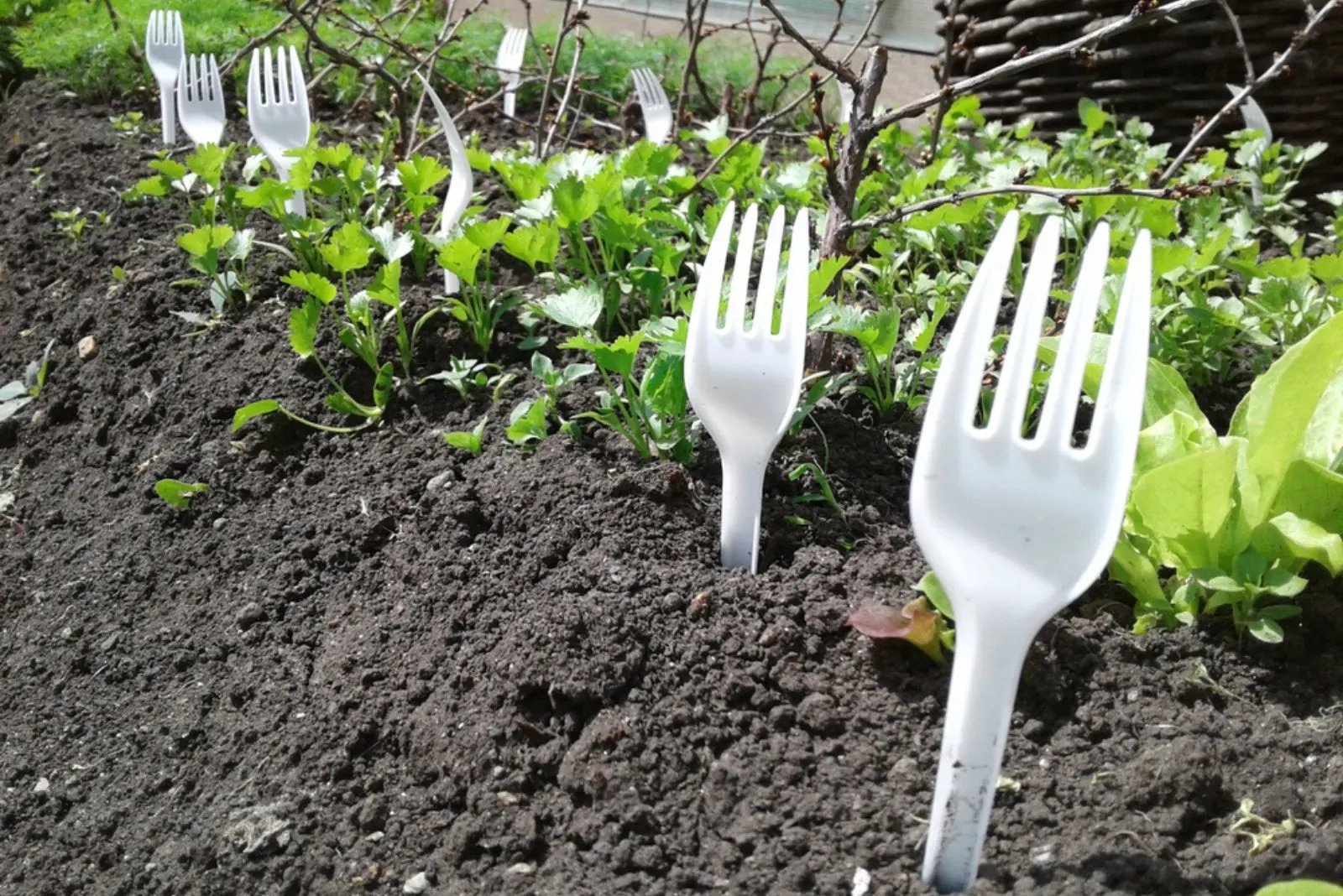
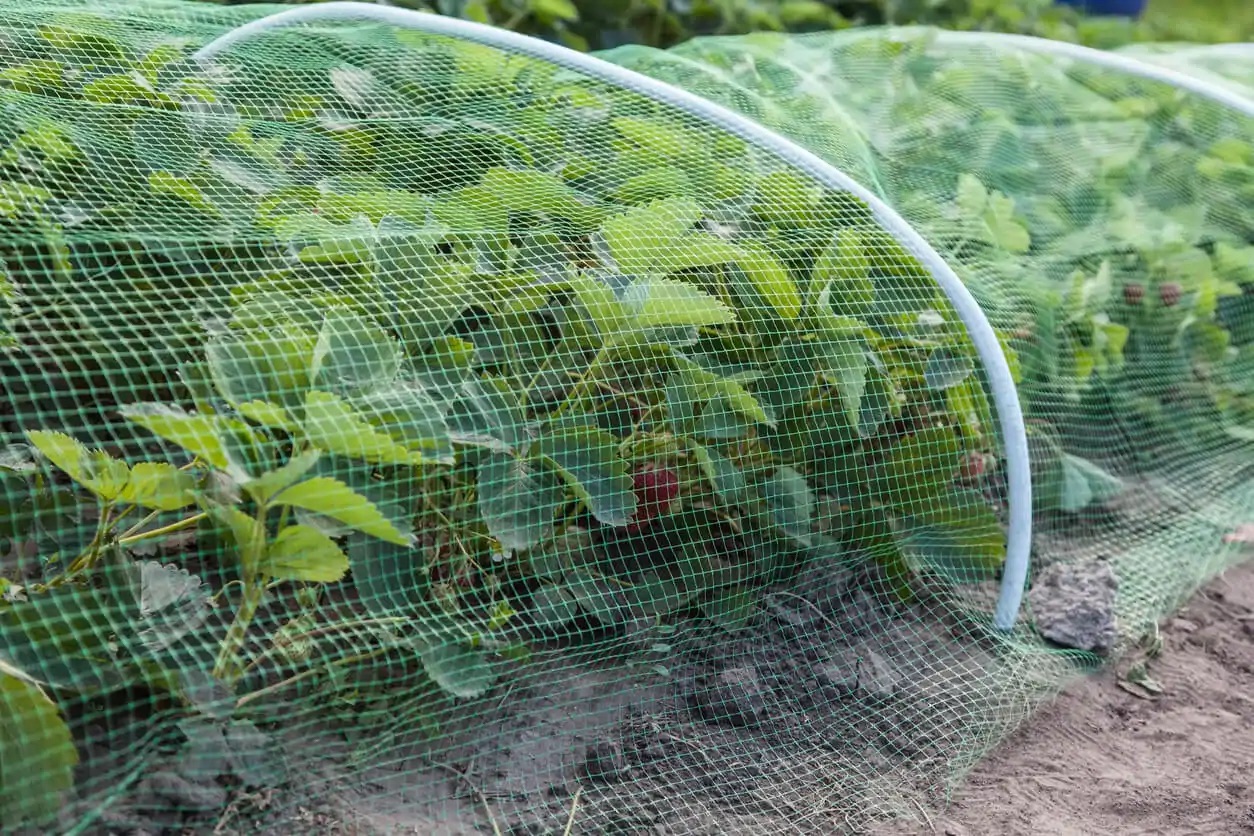

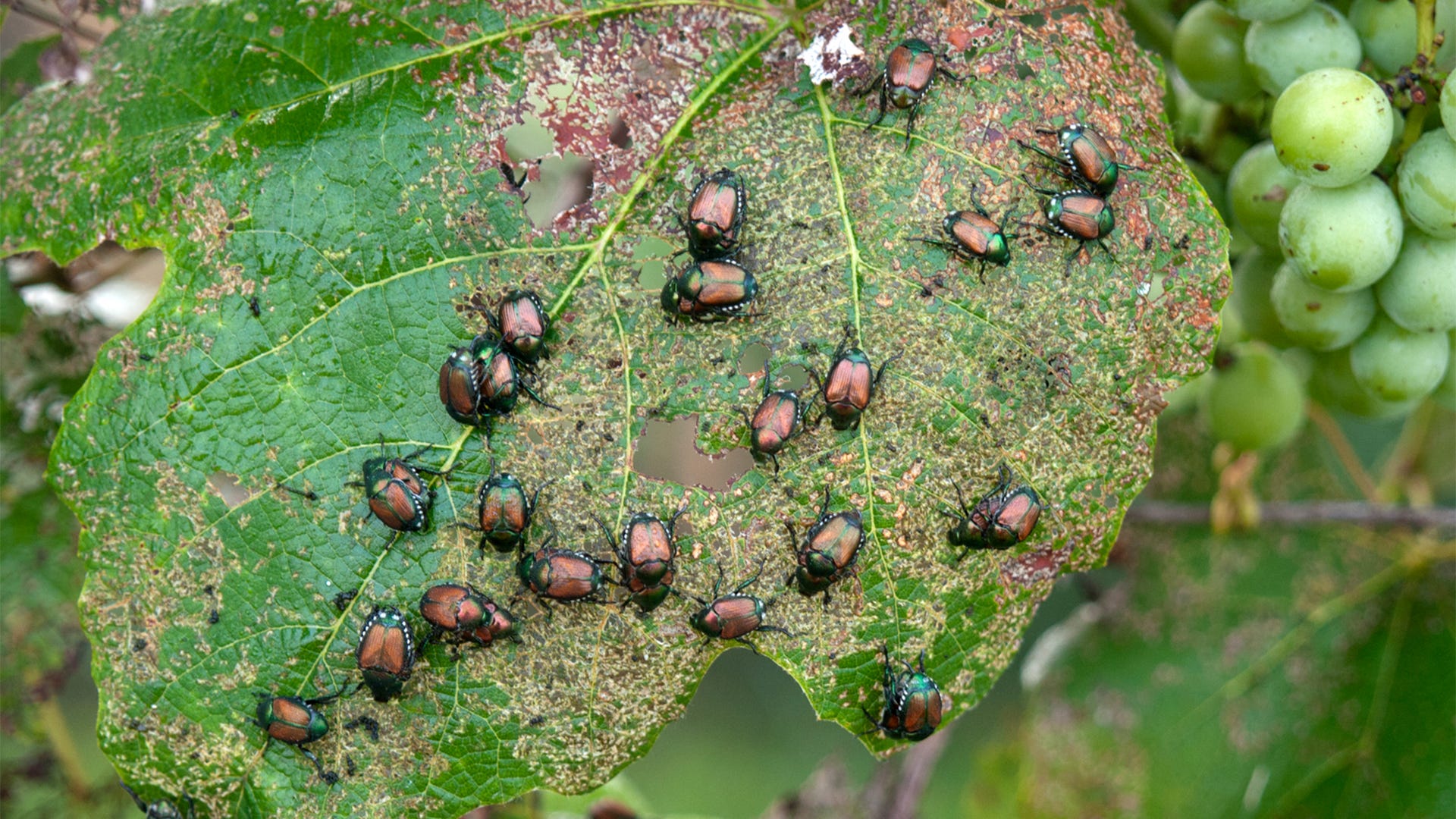



0 thoughts on “How To Keep Rats Out Of Garden”